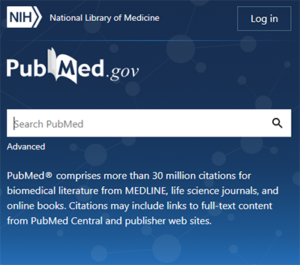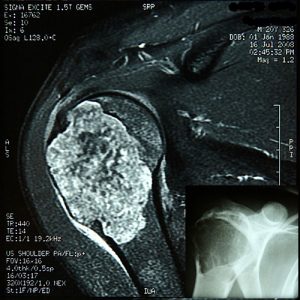Tag
Tools
-
New PubMed search site will continue to evolve
If you’re a frequent user of PubMed, you have likely already noticed the new website layout and have probably noticed…

-
Get ready to take part in AHCJ’s first Virtual Freelance PitchFest
AHCJ’s annual Freelance PitchFest is going virtual for 2020. With our annual conference having been postponed, AHCJ has searched for…

-
Reporters suddenly thrown into health beat need veterans’ support
In an op-ed for the Columbia Journalism Review, Ivan Oransky, M.D., draws on an apt metaphor for reporters from other…

-
New tip sheet helps you ‘background like a boss’
In late January, Kate Howard, managing editor of the Kentucky Center for Investigative Reporting, conducted one of the most important…

-
New tip sheet expands on HealthNewsReview.org criteria
The first AHCJ conference I ever attended was in 2011 in Philadelphia. I had only recently learned about the organization…

-
Boning up on unfamiliar research areas can pay off with specialized knowledge, more assignments
In a recent social media post, a fellow journalist asked how others get up to speed on reporting about topics…

-
What was that number again …? The solution to re-using stats in your writing
Like many reporters, I have developed several niches in my reporting within medical research. I most often write about pediatrics,…

-
Plan ahead to get answers at a medical conference
One challenge when covering medical conferences is that, depending on your publication’s needs, you often must conduct many interviews on…

-
Dive into a treasure trove of articles at The Open Notebook
Writing about health and medical studies is part of the larger genre of writing about science. Perhaps the best science…










